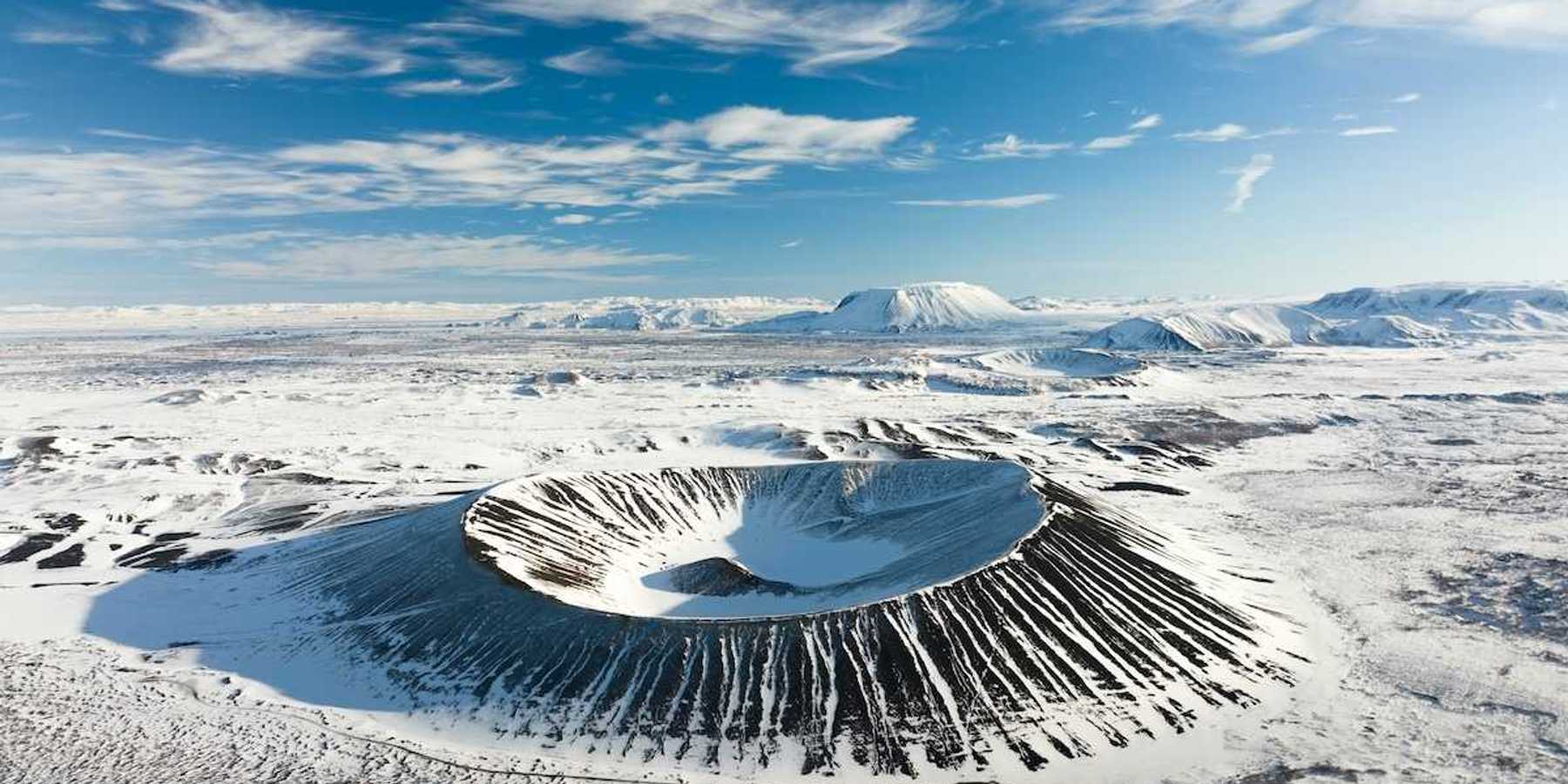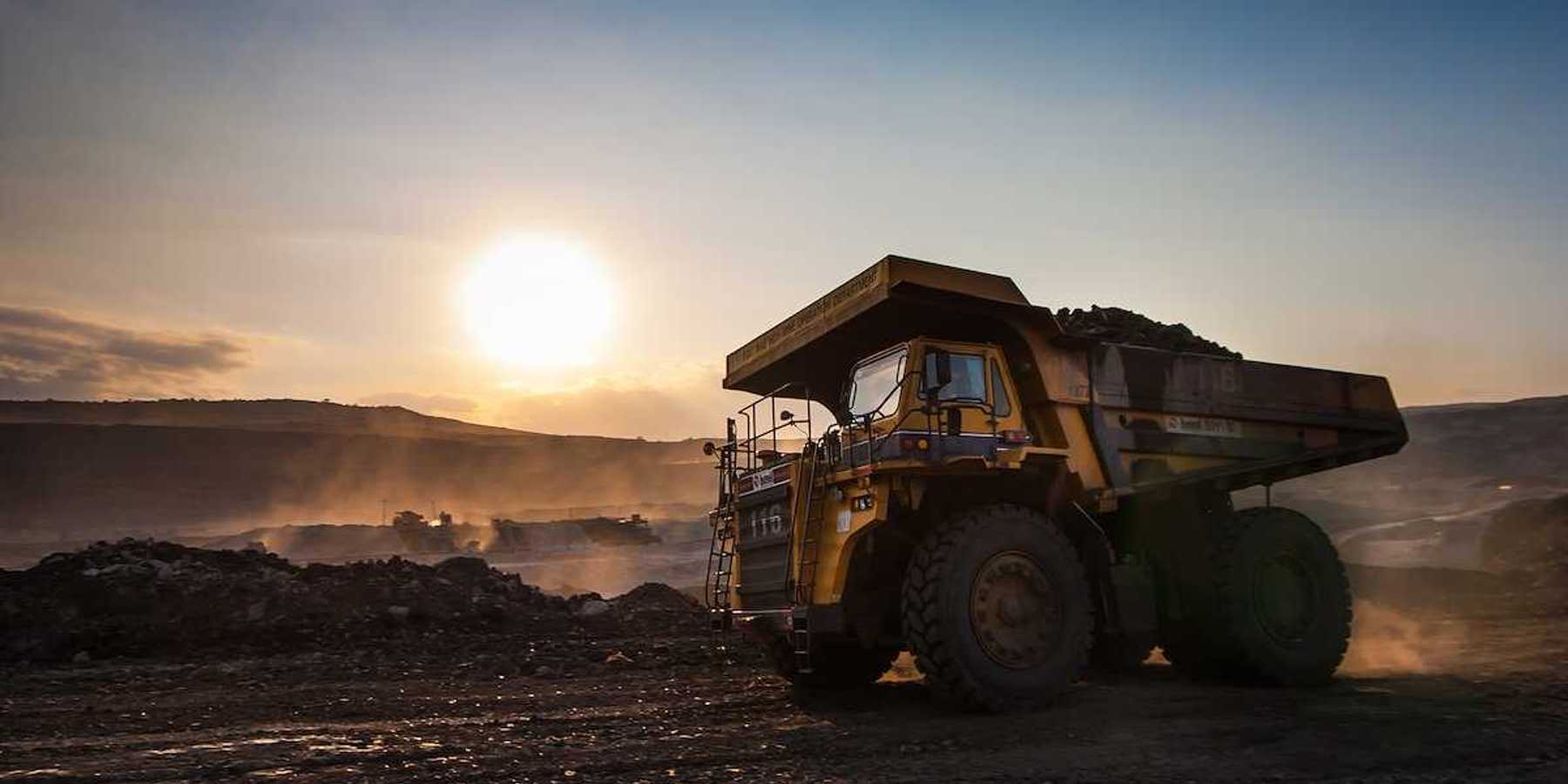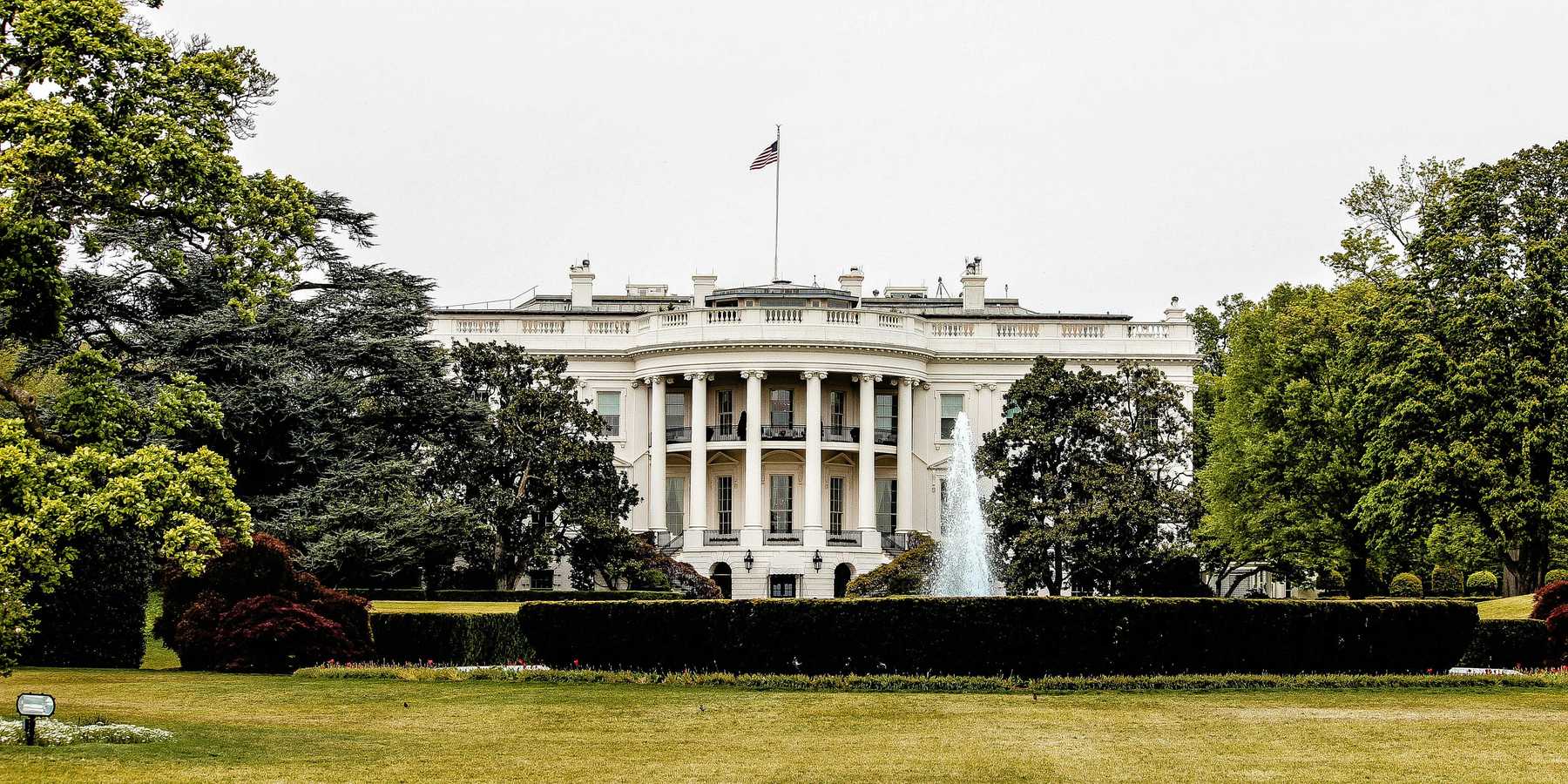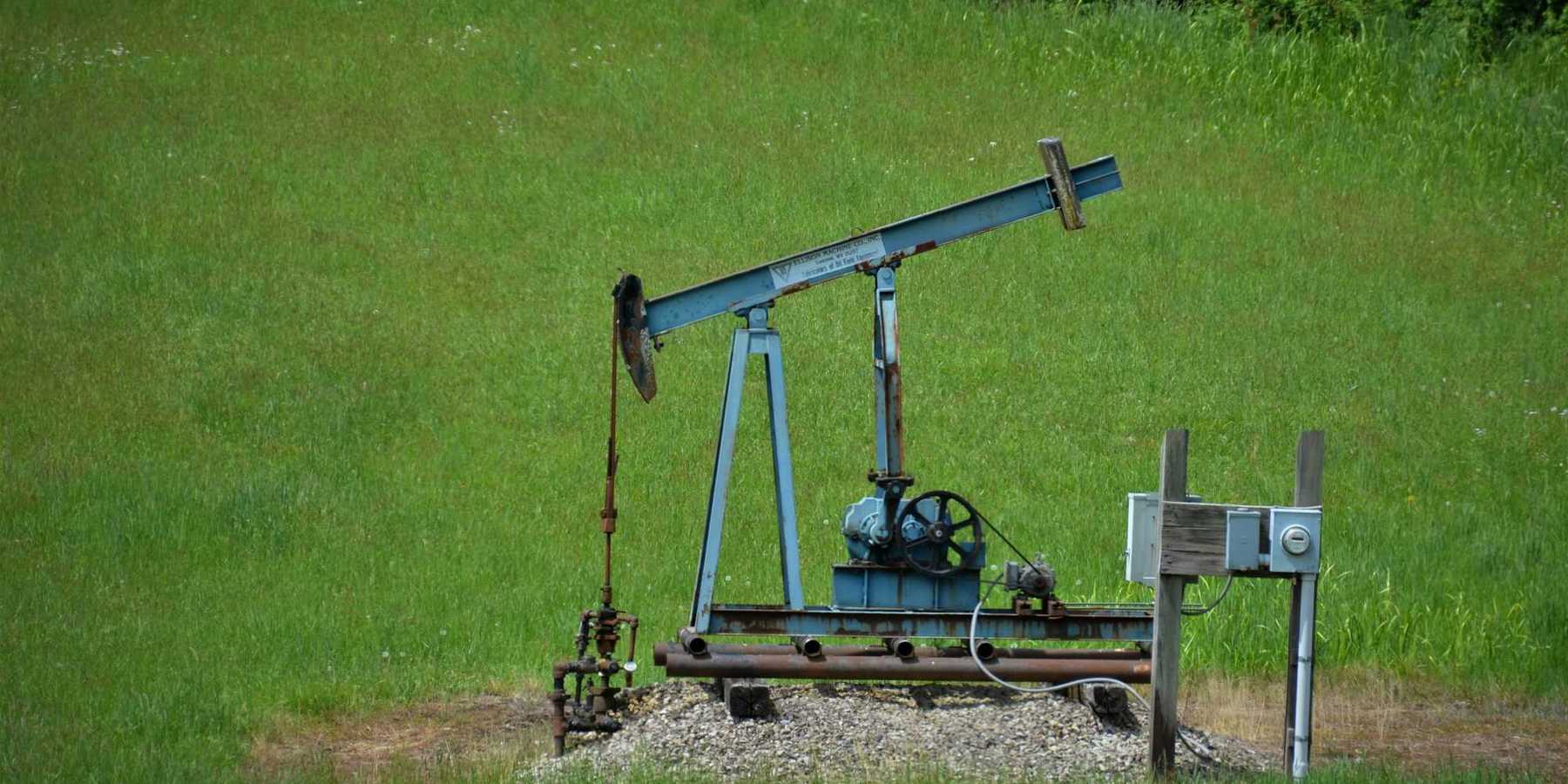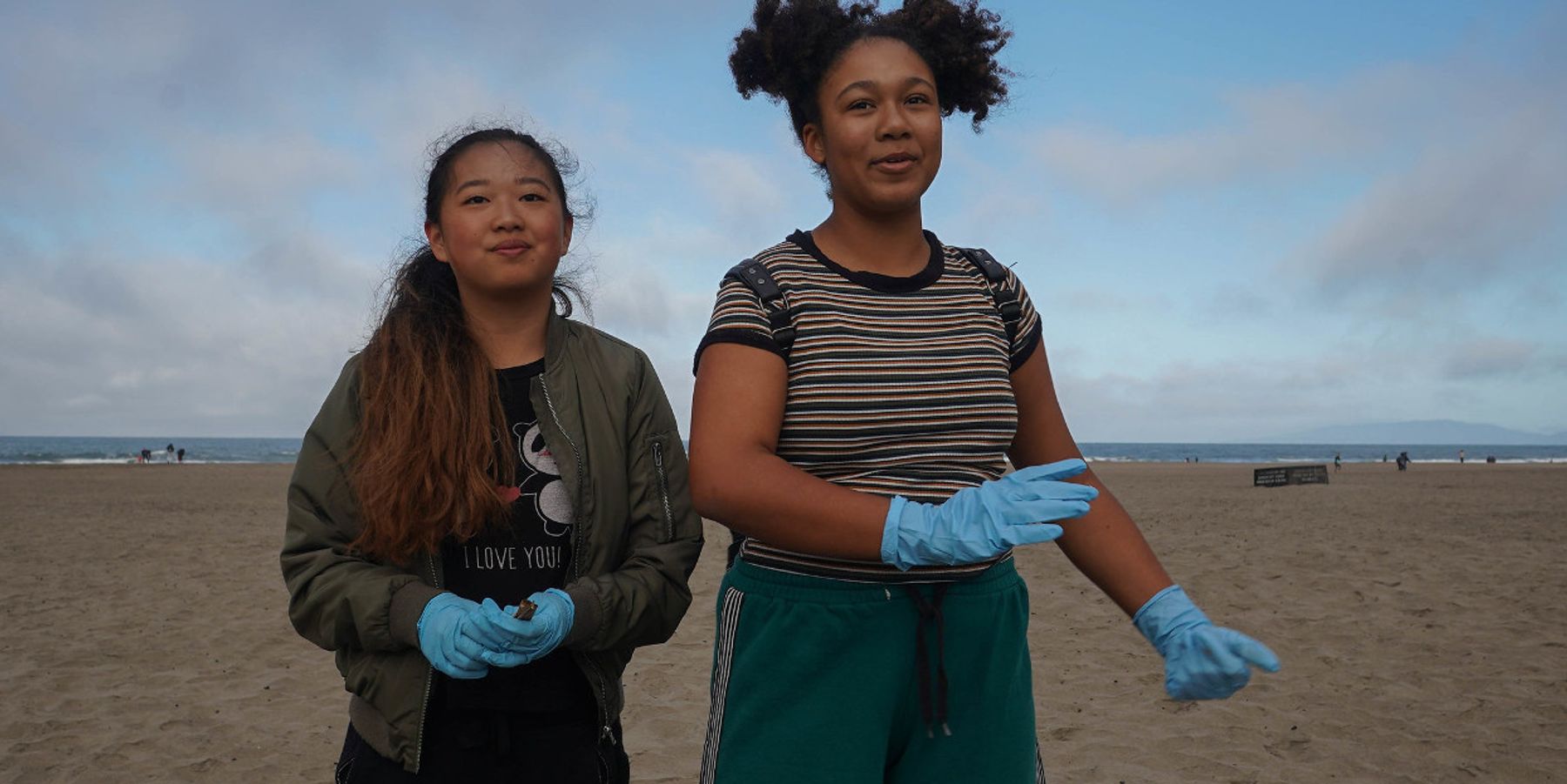
And now, everything the country is not talking about ...
And here's at least one thing to do about it all.
It's hard to argue that COVID-19 and the U.S. elections shouldn't be dominating the headlines, but let's not forget all the festering problems we're currently forgetting.
Most activists need no reminding on these, but maybe journalists, policymakers, and teachers do.
Plastics
Watching the river flow after a heavy rain often involves watching the parade of trash wend its way to the ocean. What's now being counted are bits of plastic by the quadrillion. In the U.S., a threatened oil and gas industry is re-trenching by building sprawling new plastics plants in our midsts.
Well, maybe all those ocean-borne plastics will be eaten by all that extra acid, just sayin'...
Chemicals
We're still addressing how widespread the perfluorinated "forever chemicals" are. Or the 70 million pounds of atrazine used on U.S. fields alone.
Exception to the rule: One toxic chemical that has broken through the silence is glyphosate, the active ingredient in Roundup. But not just in news coverage. After a few billion-dollar jury awards, the all-purpose weedkiller is a sudden favorite for late-night whiplash lawyers.
Amazon
No, not the van double-parked outside your door right now. The other Amazon, the one that's rapidly disappearing. The latest news? The Pantanal is a Nebraska-sized tropical wetland in the southern Amazon. It's doing something different right now—burning.
Water
To me, there's no more enduring story of willful ecocide than that of the Aral Sea. Josef Stalin's brutality extended beyond his Soviet citizens. The former fourth largest freshwater lake in the world is a wisp of its former self. Today, draining aquifers, damming rivers, and melting glaciers are looming threats.
Environmental Injustice
It's been on the waiting list for 30 years. Poor, usually minority, communities overrun by polluting industry. Fearless indigenous activists picked off without consequence.
Climate and beyond
In September, 2018, the U.N. put climate change on the clock, giving us all 12 years to get the world on track to avoid the worst possible climate impacts. Putting a drop-dead date on climate change is never such a good idea, IMHO, but we're now down to nine years, 10 months on the Doomsday Sundial. Wildfires. Flooded streets. Hurricane Zeta.
If all this seems a bit depressing, think of that one small gain wrapped inside the monstrous disaster of COVID. Anti-science belligerence and face-palming denial have dragged themselves out into the open for all to see.
Pro-science advocates (should we really need to say pro-science?) have an opportunity to cast the deniers into the same lot. Anti-vaxxers, climate deniers, mask-haters, coal rollers, flat-Earthers, snake handlers and others may have different motives. Some may simply want to defend their kids or families the only way they know how; some may be bull-goose loony. But it's all ignorance.
However things turn out on November 3, let's replace some of that ignorance with education.
Peter Dykstra is our weekend editor and columnist and can be reached at pdykstra@ehn.org or @pdykstra.
His views do not necessarily represent those of Environmental Health News, The Daily Climate or publisher, Environmental Health Sciences.
Banner photo: California Costal Clean Up Day in 2018. (Credit: Dave R/flickr)




